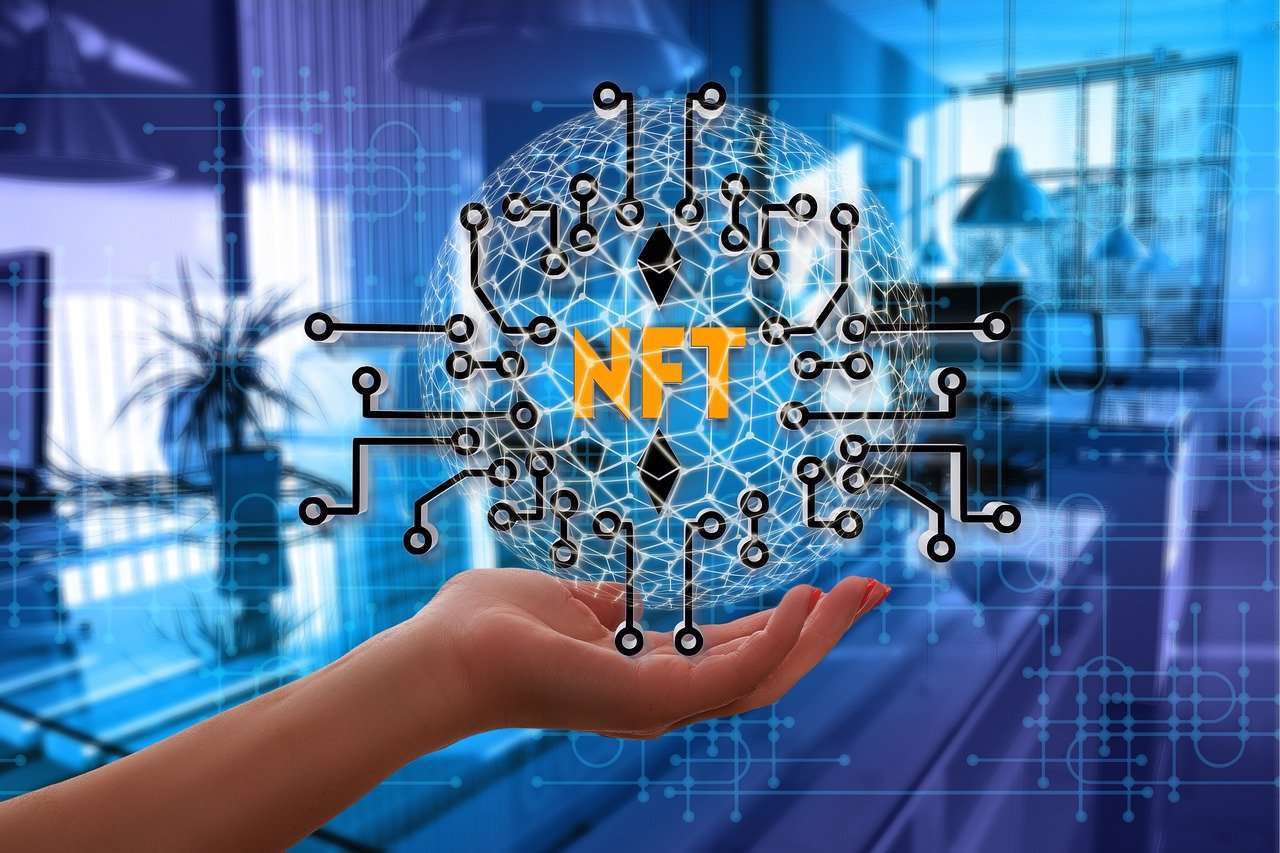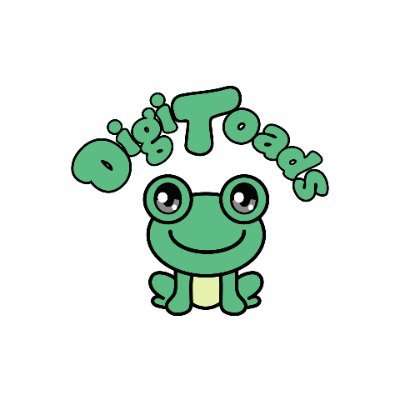
Discerption about Ethereum:
Ethereum is a decentralized, open-source blockchain platform that runs smart contracts: applications that run exactly as programmed without any possibility of downtime, censorship, fraud, or third-party interference. These apps run on a custom-built blockchain, an enormously powerful shared global infrastructure that can move value around and represent the ownership of property. This enables developers to create markets, store registries of debts, move funds in accordance with instructions given long in the past (like a will or a futures contract), and many other things that have not been invented yet, all without a middleman or counterparty risk.
Ethereum was first proposed in 2013 by Vitalik Buterin, a programmer and co-founder of Bitcoin Magazine. At the time, Buterin was interested in the potential of blockchain technology to revolutionize a wide range of industries, but he believed that the Bitcoin blockchain was limited in its capabilities because it was designed primarily as a system for transferring value. Buterin saw the potential for a blockchain that could support more complex applications, and he proposed the development of a new platform that would be capable of running smart contracts.
The Ethereum network went live on July 30, 2015, with 72 million Ethereum premined. The Ethereum network has since become one of the largest and most active blockchain networks in the world.
What Makes Ethereum Unique?
One of the key features of Ethereum is its support for smart contracts. A smart contract is a self-executing contract with the terms of the agreement between buyer and seller being directly written into lines of code. The code and the agreements contained therein are stored on the blockchain. Smart contracts allow for the automation of a wide range of processes, including the transfer of assets from one party to another, the enforcement of agreements, and the facilitation of complex financial transactions.
Smart contracts have the potential to revolutionize a wide range of industries, including finance, real estate, and even the legal industry. For example, smart contracts could be used to automate the process of buying and selling real estate, streamlining the process and reducing the need for intermediaries such as real estate agents and lawyers. In the financial industry, smart contracts could be used to automate the process of executing financial transactions, making it faster and more efficient.
In addition to smart contracts, Ethereum is also notable for its support for decentralized applications (dApps). A dApp is a decentralized application that runs on a blockchain, and it is built using smart contracts. dApps have the advantage of being decentralized, which means that they are not controlled by a single entity. This makes them resistant to censorship and immune to downtime, as there is no central server that can be taken down.
There are a wide range of dApps that have been built on the Ethereum platform, covering a variety of use cases. Some examples include prediction markets, games, and social media platforms.
One of the key advantages of Ethereum is its large developer community. Because Ethereum is an open-source platform, anyone can contribute to its development. This has led to a vibrant ecosystem of developers who are constantly working to improve the platform and build new dApps.
Ethereum is also notable for its use of a proof-of-work consensus algorithm. In a proof-of-work system, miners compete to solve complex mathematical problems in order to validate transactions and add them to the blockchain. The miner who solves the problem first is rewarded with a certain amount of Ethereum.
This proof-of-work system helps to ensure the security of the Ethereum network, as it makes it difficult for attackers to alter the blockchain. However, it also has the downside of requiring a significant amount of energy to power the miners, which has led to concerns about the environmental impact of Ethereum.
Uses of Ethereum:
Ethereum is a versatile platform that has the potential to revolutionize a wide range of industries. Some of the key uses of Ethereum include:
Financial Transactions: ETH can be used to facilitate a wide range of financial transactions, including the transfer of assets and the execution of complex financial agreements. Because smart contracts are self-executing and stored on the blockchain, they can provide a secure and efficient way to manage financial transactions.
Supply Chain Management: ETH can be used to improve the transparency and efficiency of supply chain management. By using smart contracts, businesses can automate the process of tracking goods as they move through the supply chain and ensure that all parties involved in a transaction are held accountable.
Real Estate: ETH can be used to streamline the process of buying and selling real estate. Smart contracts can be used to automate the process of transferring ownership and reducing the need for intermediaries such as real estate agents and lawyers.
Legal Industry: Ethereum has the potential to revolutionize the legal industry by providing a secure and efficient way to manage legal agreements. Smart contracts could be used to automate the process of enforcing contracts, reducing the need for costly and time-consuming legal proceedings.
Learn about NFTs here.






Leave a Reply